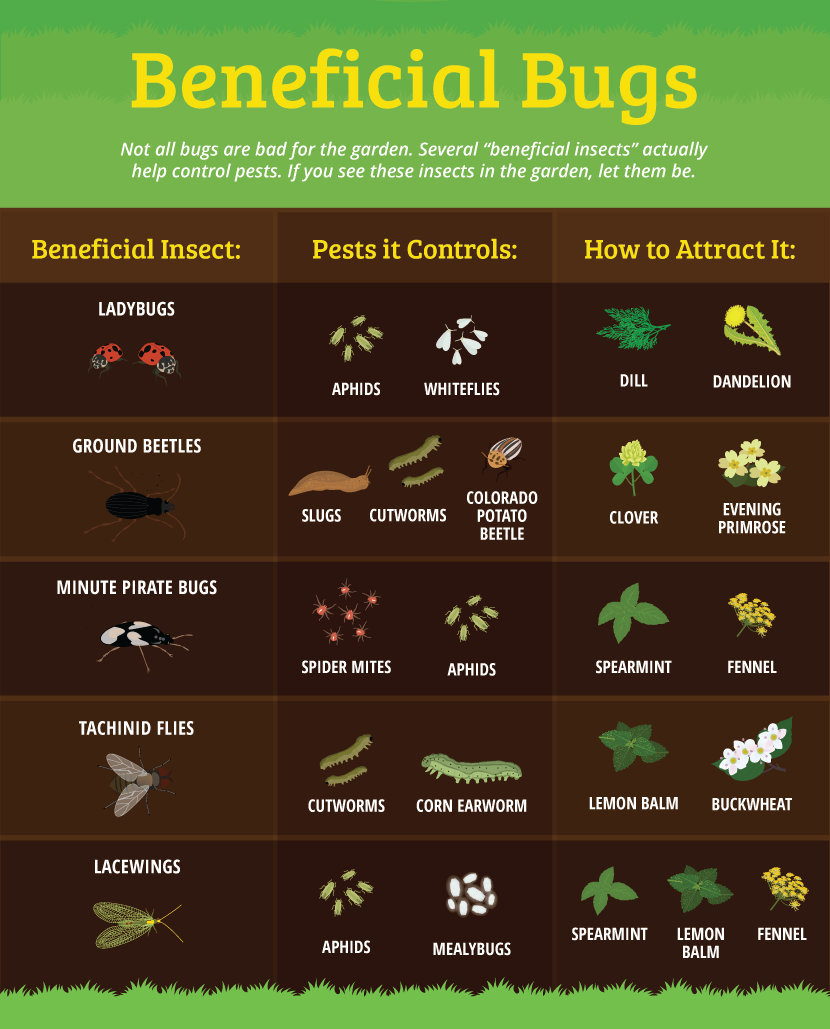How to Grow Pest-Resistant Plants in Your Vegetable Garden

Imagine a lush, vibrant vegetable garden, teeming with life and bursting with fresh produce. Now, imagine that same garden without the constant battle against pests. Sounds like a dream, right? Well, it doesn't have to be. Growing pest-resistant plants for vegetable gardens is not only possible but also easier than you might think. Let's dive into the world of resilient gardening and discover how you can cultivate a thriving, pest-free oasis.
Understanding Pest-Resistant Plants
What Are Pest-Resistant Plants?
Pest-resistant plants are those that have natural defenses against common garden pests. These defenses can range from physical barriers like tough leaves to chemical compounds that deter or repel pests. By choosing pest-resistant vegetables, you're giving your garden a natural advantage against invaders.
Why Choose Pest-Resistant Plants?
Choosing pest-resistant plants for vegetable gardens is akin to building a fortress around your garden. These plants require less intervention, reducing the need for chemical pesticides and making your garden more eco-friendly. Plus, who doesn't want a garden that practically takes care of itself?
Selecting the Right Pest-Resistant Vegetables
Popular Pest-Resistant Vegetables
When it comes to pest-resistant vegetables, you have a plethora of options. Tomatoes, for instance, have varieties like 'Mountain Magic' and 'Defiant' that are resistant to a range of diseases and pests. Similarly, cucumbers like 'Marketmore' and 'Sweet Success' are known for their resilience.
Considerations for Your Garden
Before you rush to the nursery, consider your garden's specific needs. Think about the climate, soil type, and common pests in your area. This will help you select the most suitable pest-resistant plants for your vegetable garden.
Organic Pest Control: Your Garden's Secret Weapon
The Power of Companion Planting
Companion planting is a time-honored technique that involves planting certain plants together to deter pests. For example, planting marigolds near your tomatoes can help repel nematodes, while basil can deter flies and mosquitoes.
Natural Pesticides: A Gentle Approach
Natural pesticides are a fantastic alternative to chemical ones. Neem oil, for instance, is a powerful natural pesticide that can be used on a variety of plants. Similarly, diatomaceous earth is a non-toxic powder that can be sprinkled around your plants to control pests.
Cultivating a Healthy Garden Ecosystem
Encouraging Beneficial Insects
Not all insects are pests. Some, like ladybugs and lacewings, are actually beneficial and can help control pest populations. Attract these helpful critters by planting flowers like dill, yarrow, and cosmos.
Maintaining Soil Health
Healthy soil is the foundation of a healthy garden. Regularly test your soil and amend it with compost or other organic matter to ensure it has the nutrients your plants need to thrive.
Practical Tips for Growing Pest-Resistant Plants
Rotate Your Crops
Crop rotation is a simple yet effective way to prevent pests and diseases from building up in your soil. By rotating your crops each year, you can disrupt the life cycles of many pests and keep your garden healthy.
Keep Your Garden Clean
A tidy garden is a healthy garden. Regularly remove dead leaves, weeds, and fallen fruit to prevent pests from taking up residence.
Water Wisely
Overwatering can create a breeding ground for pests and diseases. Water your plants deeply but infrequently to encourage strong root growth and discourage pests.
Conclusion: Embrace the Power of Pest-Resistant Plants
Growing pest-resistant plants for vegetable gardens is more than just a gardening technique—it's a philosophy. By choosing resistant plants, practicing organic pest control, and cultivating a healthy garden ecosystem, you're creating a sustainable, eco-friendly oasis. So, why not give it a try? Your garden (and your taste buds) will thank you.
FAQs
What are some common garden pests?
Common garden pests include aphids, whiteflies, spider mites, and various types of beetles. Each pest has its own preferences and methods of attack, so it's important to identify the specific pests in your garden to choose the best control methods.
How do I know if a plant is pest-resistant?
Most pest-resistant plants will be labeled as such at the nursery or on seed packets. You can also do some research online or consult with a local gardening expert to find out which plants are best suited for your area.
Can I use natural pesticides on all plants?
While natural pesticides are generally safer than chemical ones, they can still be harmful to certain plants. Always test a small area of the plant first to ensure it doesn't have an adverse reaction.
How often should I rotate my crops?
Crop rotation should be done annually. This means planting different types of crops in different areas of your garden each year to prevent the buildup of pests and diseases.
What are some signs of a healthy garden ecosystem?
A healthy garden ecosystem is characterized by a diverse range of plants and beneficial insects. You should see a variety of insects, including pollinators like bees and butterflies, as well as predators like ladybugs and lacewings. The soil should be rich and well-draining, and the plants should be vigorous and free of disease.
0 Response to "How to Grow Pest-Resistant Plants in Your Vegetable Garden"
Post a Comment